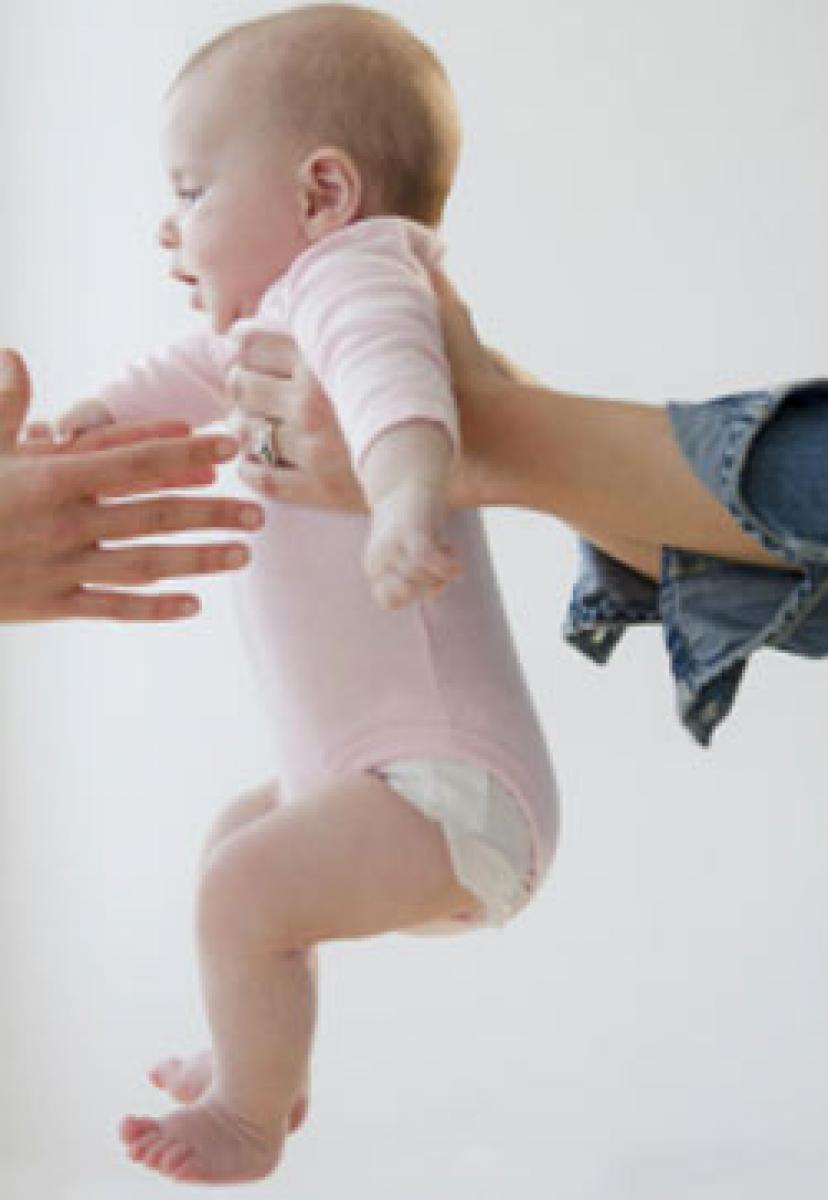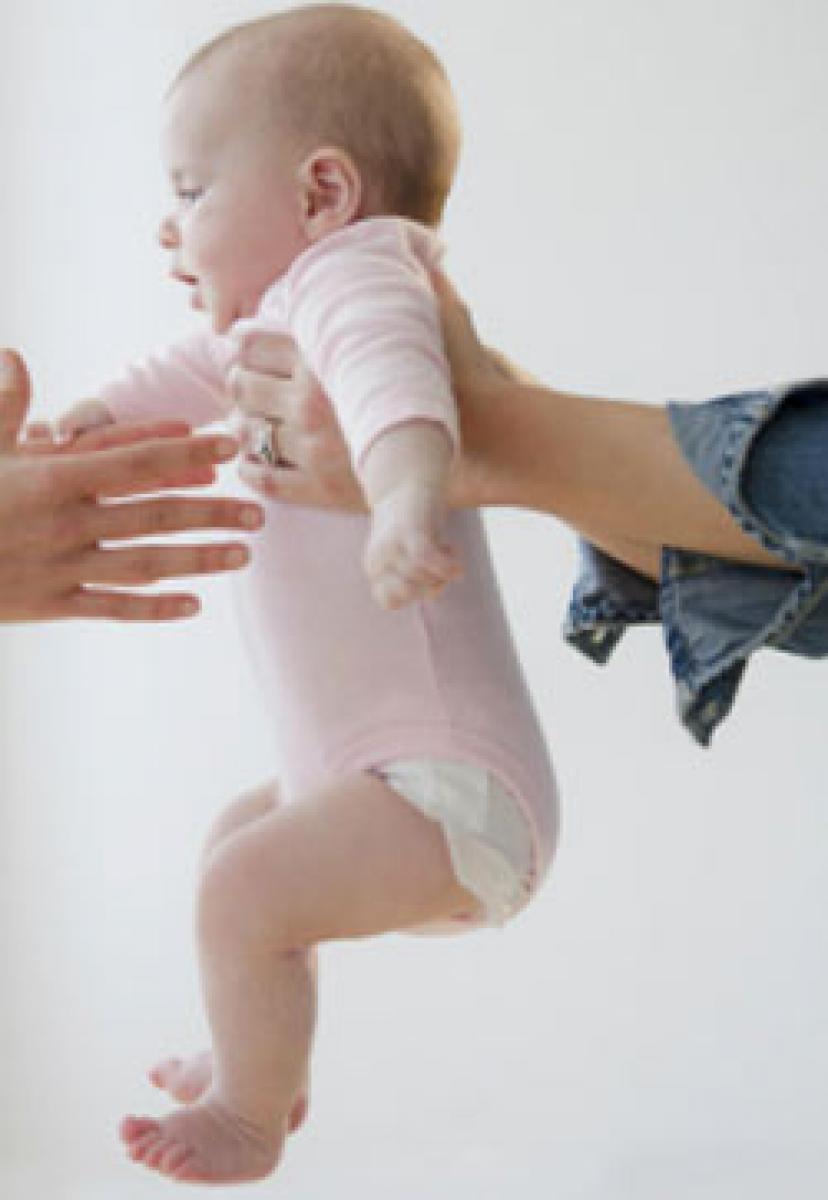Live
- ATMIS completes third phase of troops' drawdown in Somalia
- PM Kisan Samman Nidhi scheme bringing smile to Nalanda farmers
- German economy forecast to lag eurozone growth until 2026
- CM Shinde orders stern action against hoarding of onions amid rising prices
- Protest rallies in Manipur against 'mass killing of 10 village volunteers'
- Open Network for Digital Commerce: Tirupati corporation to promote SHG groups products online marketing
- 4th T20I: India elect to bat first in series decider vs South Africa
- The Telangana Woman Sushma Thodety Shines in the UMB Pageant's ‘Mrs. India’ Competition
- Suspect arrested after firing shots near Israeli consulate in Istanbul
- IPL 2025: Pant, Iyer, Rahul, Buttler, Shami among most-priced as 571 players set for mega auction





 In response to a Supreme Court directive, the Central government told the court that it would table the draft of the Assisted Reproductive Technology (Regulation) Bill, 2014, which has been released for public comments, in Parliament early next year.
In response to a Supreme Court directive, the Central government told the court that it would table the draft of the Assisted Reproductive Technology (Regulation) Bill, 2014, which has been released for public comments, in Parliament early next year. 



